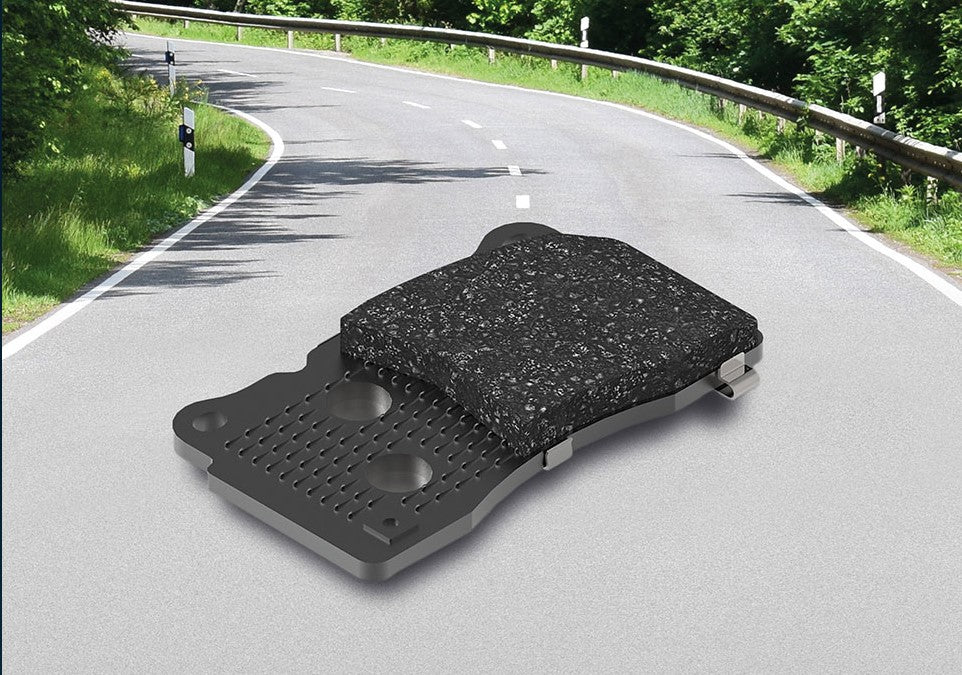630.360.2548

Bedding in Pagid Street+ brake pads
STREET+ by PAGID Racing – Bedding in
After fitting new brake discs and pads, the friction surfaces of both components need a certain time to adapt to one-another. In order to guarantee a safe and trouble-free function of the brake, it is necessary to bed in the brakes.
If the components are not bedded-in correctly, material transfer between the pad and disc or an uneven distribution of deposits may occur on the friction surfaces.
This may lead to vibrations or noises, which is not ideal for newly fitted brakes. In order to avoid unnecessary problems, follow our guidelines below.
Bedding in guidelines
During the bedding in period, you must observe the following:
Caution:
Excessive braking can cause the friction material to overheat too quickly resulting in the brake pad surface to glaze over and affect the overall braking performance during this process.
- The procedure should only be carried out on sections of road that permit these maneuvers to be carried out in a safe manner.
- There should be a delay between braking, thus heating the brakes gradually to avoid thermal shock.
- The first braking procedures should be carried out gently and carefully from a maximum speed of 50 km/h. Next, carry out several braking procedures from a medium speed – allowing cooling time between cycles.
- Finally, use a moderate driving style and avoid any unnecessary, hard or continuous braking for the first 300 km.
